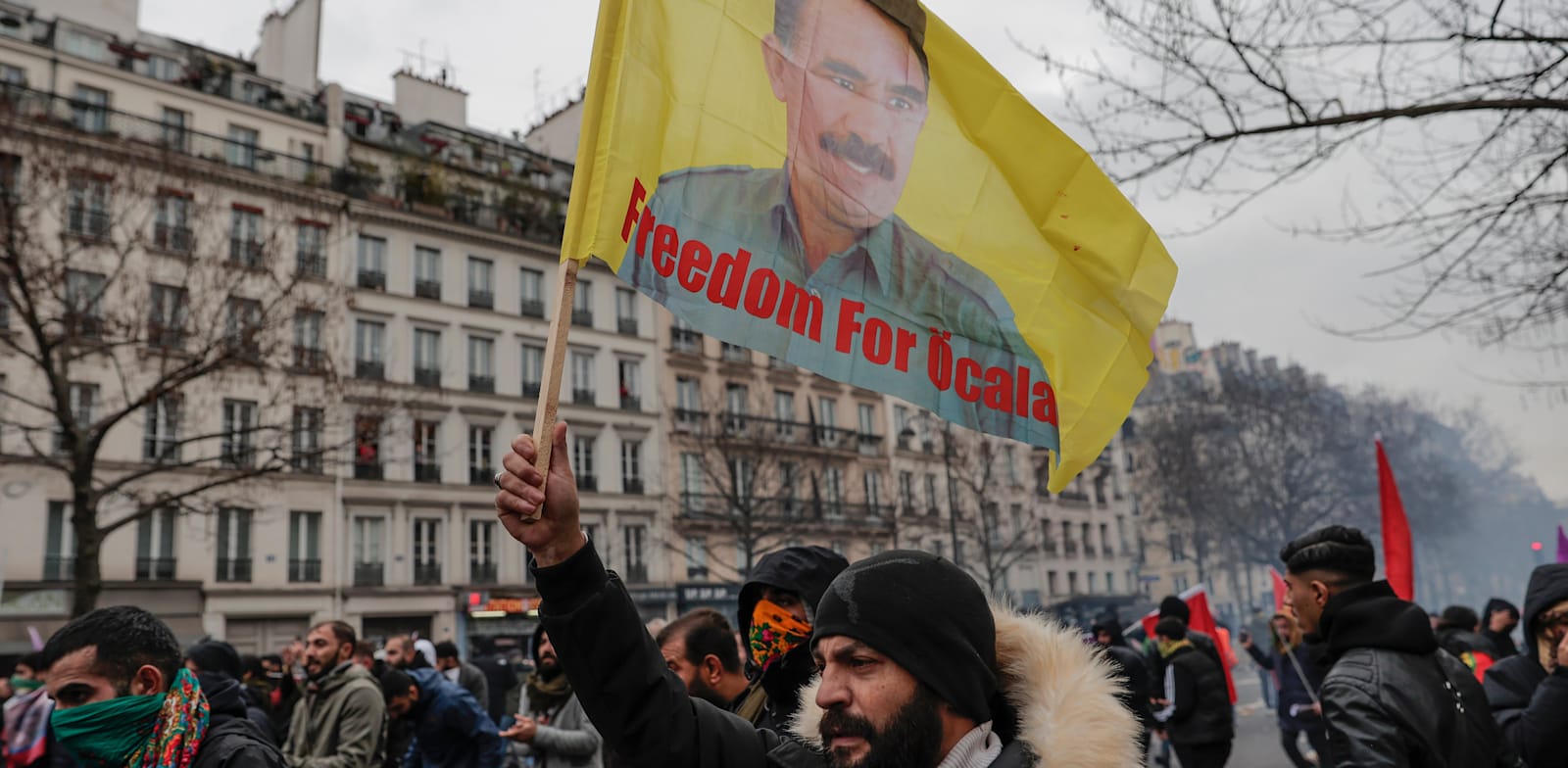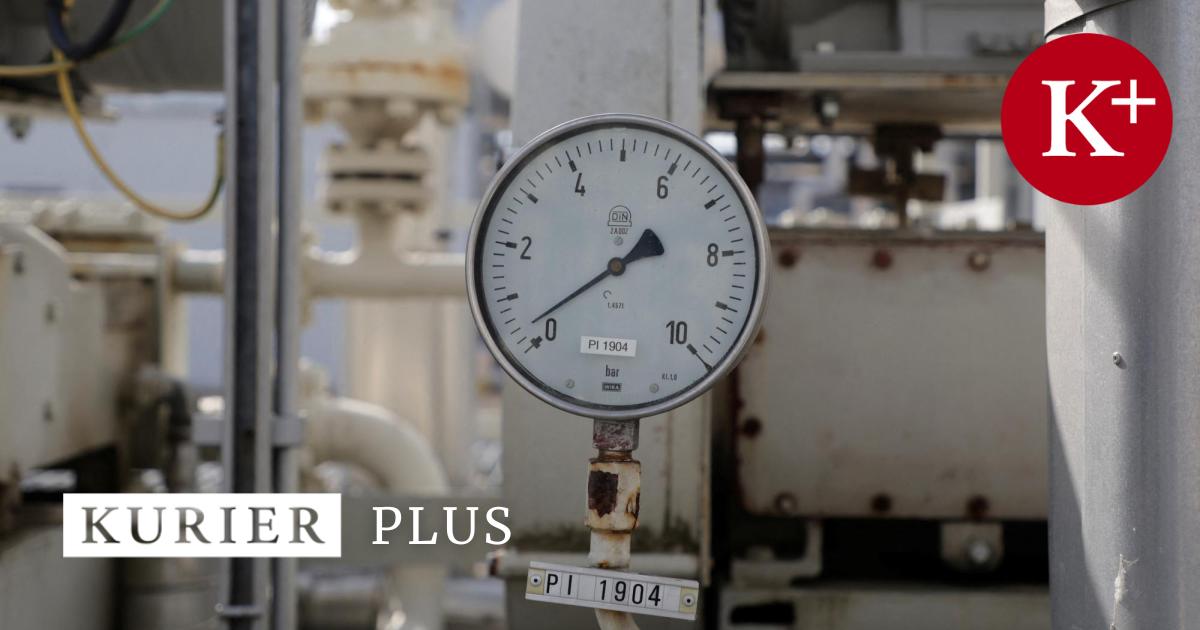In recent months, Turkey and Iran have strengthened their relationship by uniting in their criticism of Israel. However, tensions between Ankara and Tehran have resurfaced due to Iran’s extensive supply of ammunition to the Kurdish underground (PKK) in Iraq. Ankara is particularly concerned about the Kurdish underground using an Iranian-made air defense system to intercept Turkish army drones in northern Iraq.
The Kurdish underground’s use of the 358 system, missiles supplied by Iran, poses a significant threat to Turkey. The timing of Iran’s supply of weapons to the Kurdish underground coincides with regional events, particularly in Iraq. Iran aims to expand its influence in areas where it has not previously been active, taking advantage of distractions caused by conflicts in the region. Additionally, Iran’s support for pro-Iranian militias in Iraq, such as Hashd al-Shaabi, further complicates the situation. These militias operate independently of Iran’s budget, posing a challenge to the Iraqi government’s stability.
Iraq’s cooperation with China in oil and gas exploration projects has also strained its relationship with Iran, as Tehran seeks to maintain its influence in Iraq. The Kurdish underground in Iraq generates significant income from illegal activities, including drug trafficking, which may be used to fund their acquisition of Iranian missiles. The transfer of missile components to the Kurdish underground by Iran underscores Tehran’s strategic interests in the region.
The evolving relationship between Iran, the Kurdish underground, and pro-Iranian militias in Iraq has implications for regional security and stability. Iran’s support for armed groups in Iraq challenges the authority of the Iraqi government and complicates efforts to maintain peace in the region. The conflict between Turkey and the Kurdish underground, supported by Iran, adds another layer of complexity to the already volatile situation in the Middle East.
In conclusion, tensions between Turkey and Iran have resurfaced over their differing views on supporting armed groups such as PKK and Hashd al-Shaabi in Iraq’s ongoing conflict. While both countries were united against Israel earlier this year



